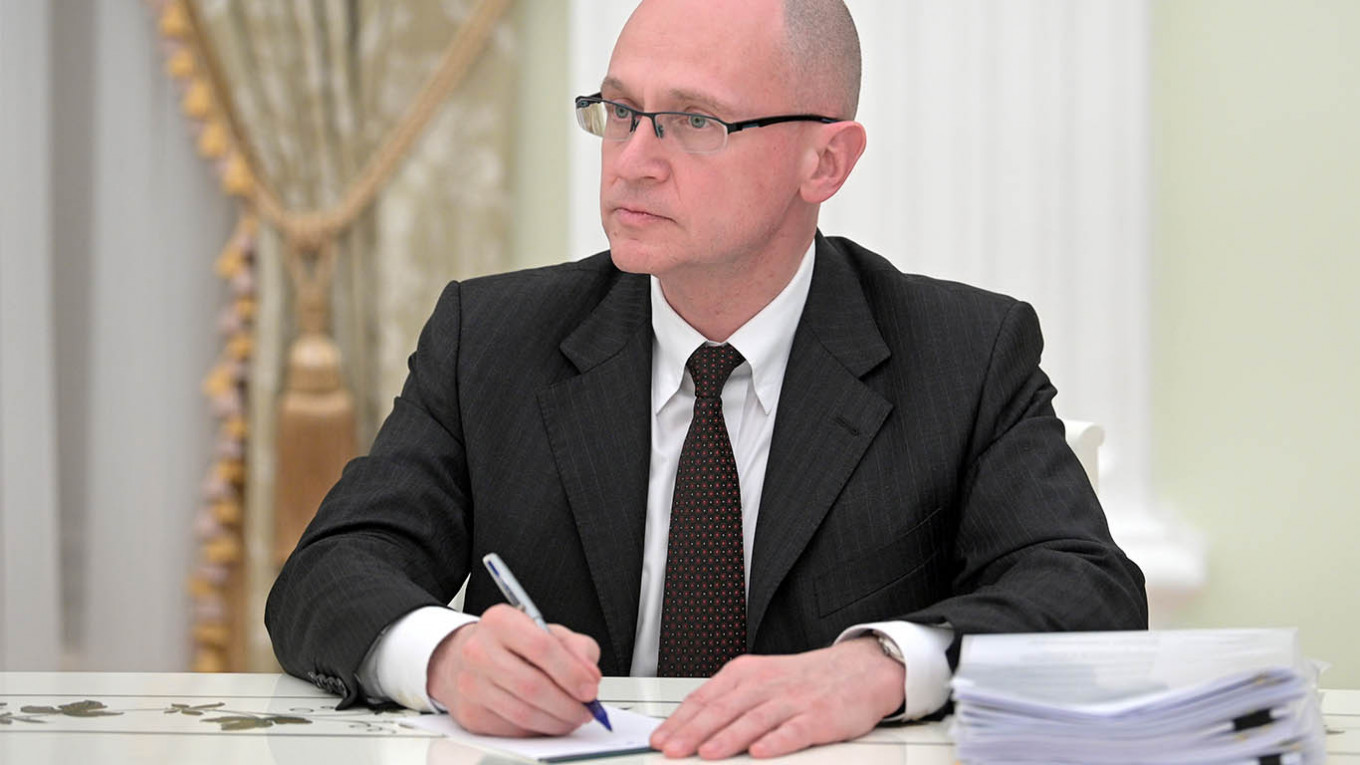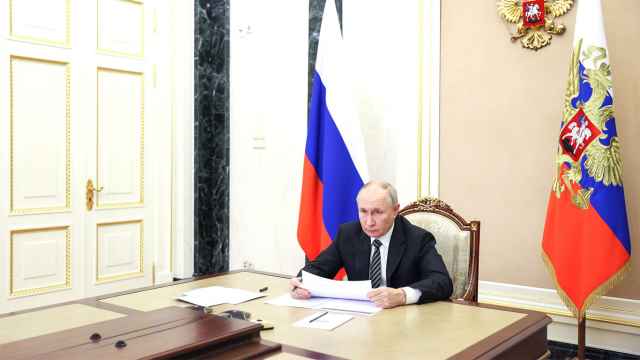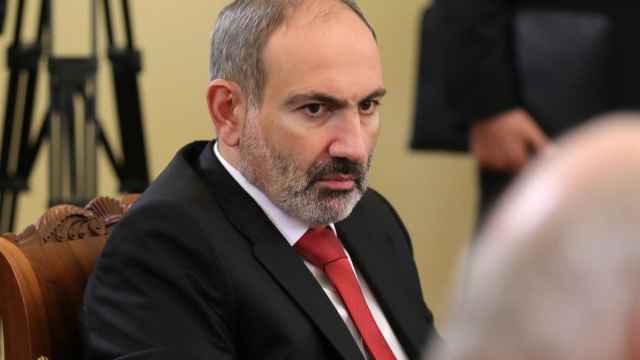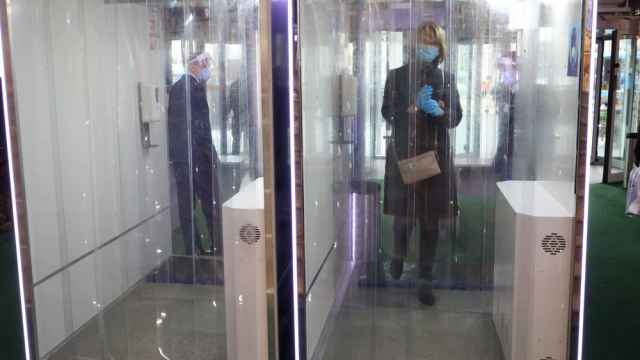The Kremlin is attempting to take advantage of Russia’s coronavirus outbreak to maintain President Vladimir Putin’s popularity and ensure that the public votes for his constitutional reforms, the Proekt investigative outlet reported Wednesday, citing unnamed federal officials.
The reforms would potentially allow Putin, 67, to extend his 20-year rule into 2036. Putin postponed a public vote for the constitutional amendments, originally scheduled for last Wednesday, and declared a “non-working” period after Russia saw a sharp spike in Covid-19 infections.
Here are the key takeaways from Proekt’s investigation:
Kiriyenko kickstart
— Sergei Kiriyenko, Putin’s first deputy chief of staff who’s in charge of the constitutional reforms vote, tested positive for Covid-19 in mid-April, Proekt said. Kiriyenko reportedly recovered in three days and his second and third tests were negative.
— Before that, the presidential administration’s domestic policy bloc, which is responsible for elections and voting, had actively opposed introducing quarantine measures that would disrupt its fully formed plan for the April 22 vote.
— A “panicked” mayor’s office in Moscow, the epicenter of Russia’s Covid-19 outbreak, served as another key factor that ultimately led Putin to postpone the vote. It will now either be held in June or sometime this fall.
— Everyone in the presidential administration’s domestic policy bloc now gets tested for Covid-19 at least once a week. At the cabinet level, only those who directly contact Prime Minister Mikhail Mishustin get tested for Covid-19. The other staffers are required to wear face masks.
PR for Putin
— The Kremlin reportedly watched with irritation as social media users and opposition activists speculated about Putin’s alleged self-isolation during the outbreak in mid-March.
— With Putin’s public approval ratings dipping during his four-day stay in Crimea as Western leaders actively communicated with their populations regarding the pandemic, a federal official recalled that “we need to do something too.” In the ensuing days, Putin visited Russia’s top coronavirus hospital in Moscow and declared a nationwide paid “non-working” period.
— Putin’s public address led to a bump in the polls. Thereafter, the Kremlin reportedly developed a strategy to maintain the public’s loyalty toward the authorities. It included Putin regularly addressing the public and daily news reports showing him discussing efforts to fight the Covid-19 outbreak with officials.
— The good-PR strategy extended to ordering Prime Minister Mikhail Mishustin to cede his scheduled remarks announcing support measures for citizens and businesses to Putin in mid-April.
— “It’s important to come out of this so that the people would understand that nothing would have happened without the leader,” an unnamed federal official was quoted as saying.
Overshadowing Sobyanin
— Moscow Mayor Sergei Sobyanin’s skyrocketing visibility amid the outbreak, which was reflected in public trustworthiness ratings, irked both Mishustin and the Kremlin. Putin’s public approval ratings, meanwhile, slightly dipped amid talk of his absence.
— Officials and state-backed journalists now present Sobyanin’s actions as “the advancement of presidential instructions” as part of the Kremlin’s strategy to ensure good PR for Putin.
Regional loyalty
— Kiriyenko’s domestic policy bloc apparently distributed guidelines to regional authorities on boosting voter loyalty at the height of the Covid-19 outbreak. These included blocking negative news online, attracting elderly voters through online classes, recruiting volunteers and organizing online challenges and flash mobs.
— While some regions attempted to act on some of the ideas, others froze preparations for the vote on Putin’s constitutional reforms, citing their focus on dealing with the Covid-19 outbreak.
A Message from The Moscow Times:
Dear readers,
We are facing unprecedented challenges. Russia's Prosecutor General's Office has designated The Moscow Times as an "undesirable" organization, criminalizing our work and putting our staff at risk of prosecution. This follows our earlier unjust labeling as a "foreign agent."
These actions are direct attempts to silence independent journalism in Russia. The authorities claim our work "discredits the decisions of the Russian leadership." We see things differently: we strive to provide accurate, unbiased reporting on Russia.
We, the journalists of The Moscow Times, refuse to be silenced. But to continue our work, we need your help.
Your support, no matter how small, makes a world of difference. If you can, please support us monthly starting from just $2. It's quick to set up, and every contribution makes a significant impact.
By supporting The Moscow Times, you're defending open, independent journalism in the face of repression. Thank you for standing with us.
Remind me later.






